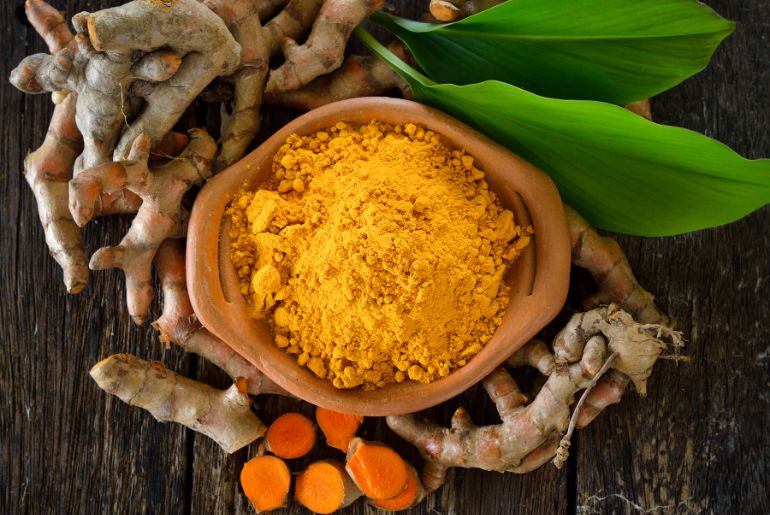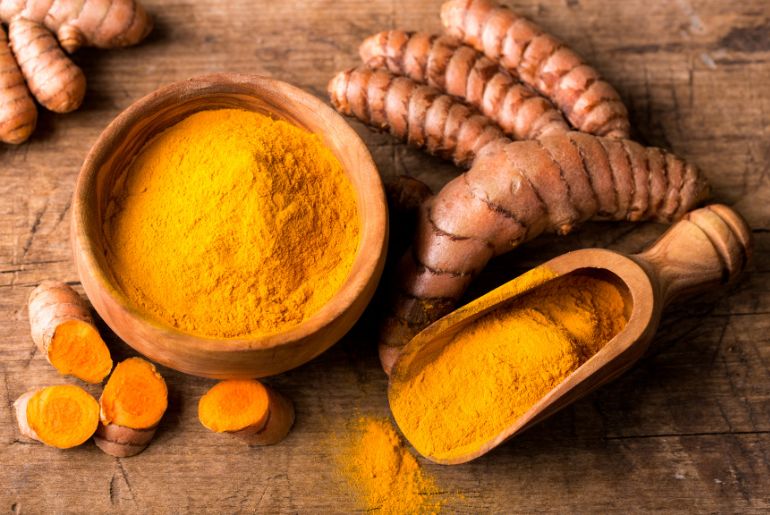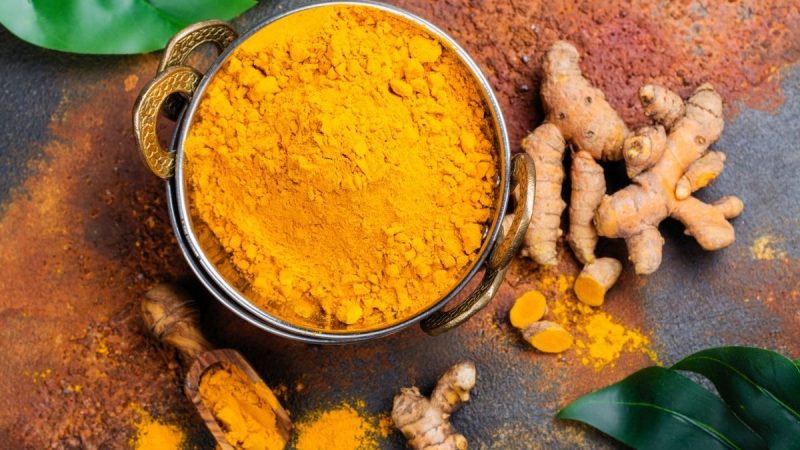Turmeric or Haldi is not just a spice, it permeates multiple facets of Indian culture. From wedding ceremonies to culinary traditions and even medicinal practices, Haldi is one spice that plays a central role in all these aspects. Ayurveda has long recognised the healing powers and potency of this Indian spice. Scientific research, too, has time and again proven how powerful this spice is. Recently, researchers have discovered that Turmeric is linked to yet another physiological benefit.
Researchers Find That Turmeric May Benefit Gut Health

According to an article which was recently published by The Indian Express, this study was conducted by researchers at the University of Western Sao Paolo and Sao Paolo State University. The researchers made a nanoemulsion of curcumin.
Curcumin is the major component of Turmeric and is known for its ability to combat inflammatory intestine diseases. However, the amount of curcumin reaching the affected area is low, especially when ingested orally. This means that it has a low bioavailability.
Hence, the researchers wanted to create a nanoemulsion which increases the efficacy of curcumin. They created the nanoemulsion and tested it on mice. Intestinal inflammation was induced in these mice and they were subsequently treated with the solution.
Also Read: India Launches National Turmeric Board To Boost Turmeric Exports To $1 Billion By 2030
Other Important Details You Should Know About This Study

The mice were treated with the curcumin nanoemulsion for a total of 14 days. The treatment was administered orally. When the researchers analysed the impact of the treatment, they found that the microbiota in the guts of the mice had changed substantially.
There was a substantial increase in Lactobacillus which is commonly known as the good bacteria. The experiment also showed that the nanoemulsion prepared by the researchers had increased the bioavailability of curcumin. Compared to the control group, Lactobacillus was around 25 per cent higher in the group treated with the curcumin nanoemulsion.
Also Read: This Historical Mountain Pass In The Aravallis Of Rajasthan Has Turmeric-Coloured Soil
Do you regularly consume haldi? If not, how do you plan to increase your haldi intake? Let us know in the comments section below!
Cover Image Credits: Canva Images
For more such snackable content, interesting discoveries and the latest updates on food, travel and experiences in your city, download the Curly Tales App. Download HERE.
First Published: March 14, 2024 3:11 PM




